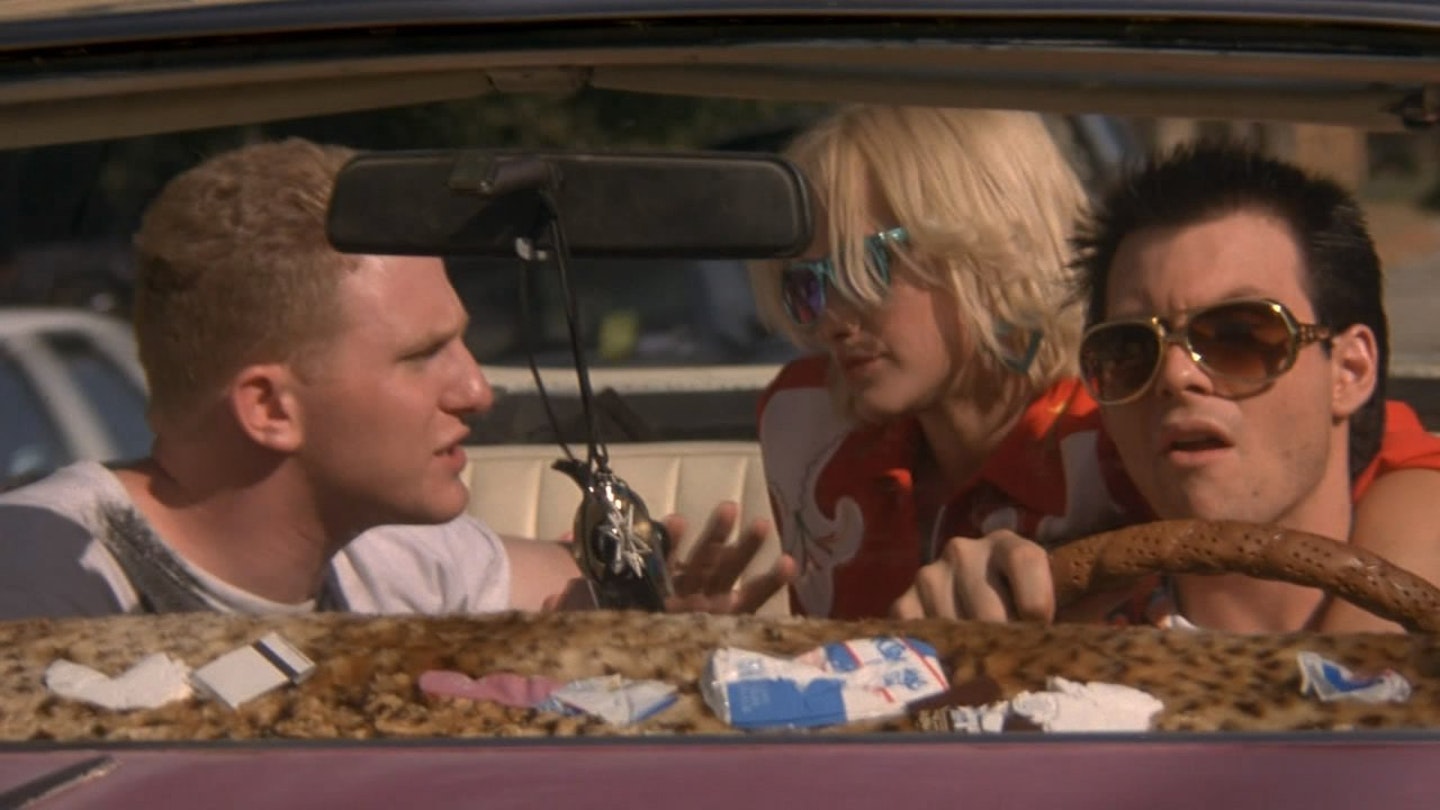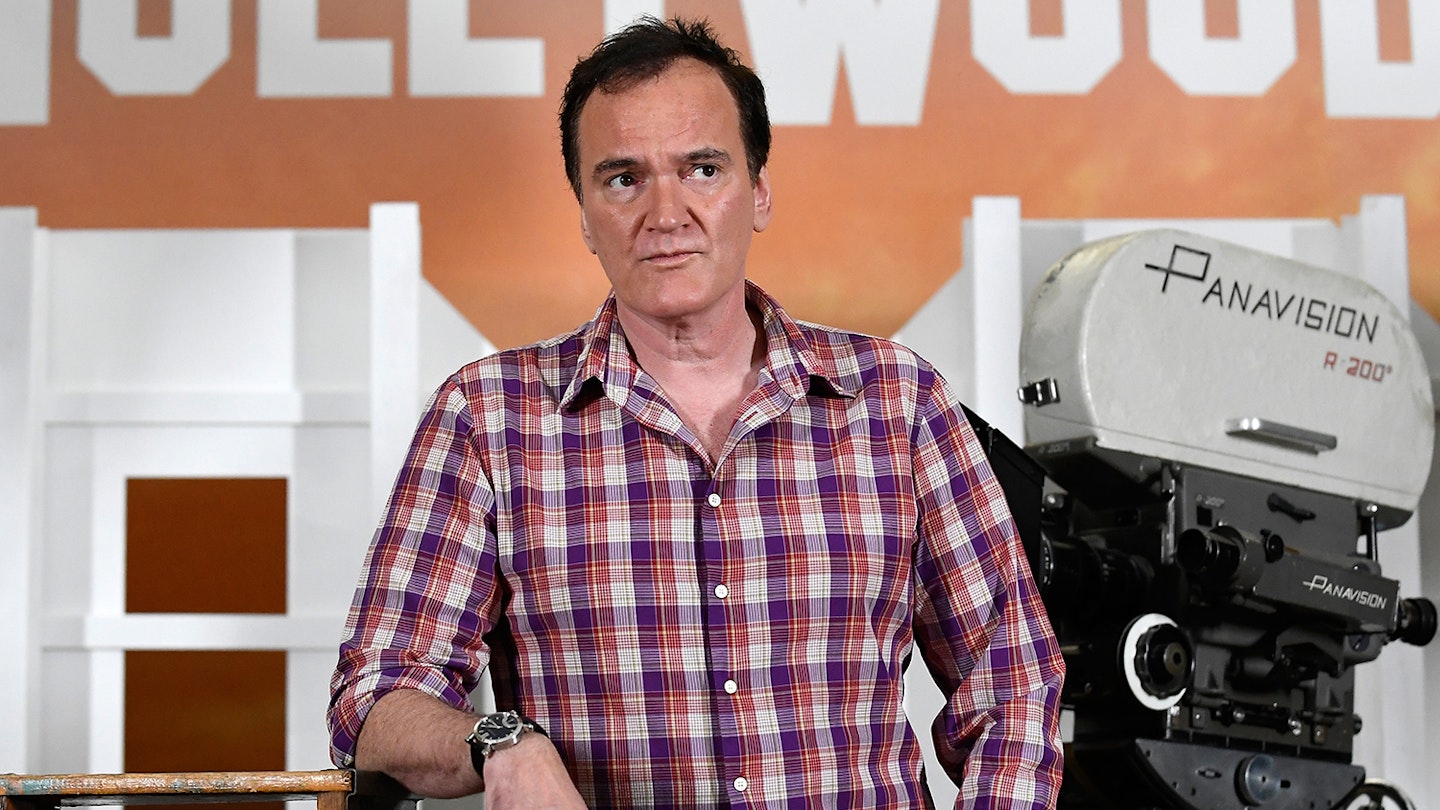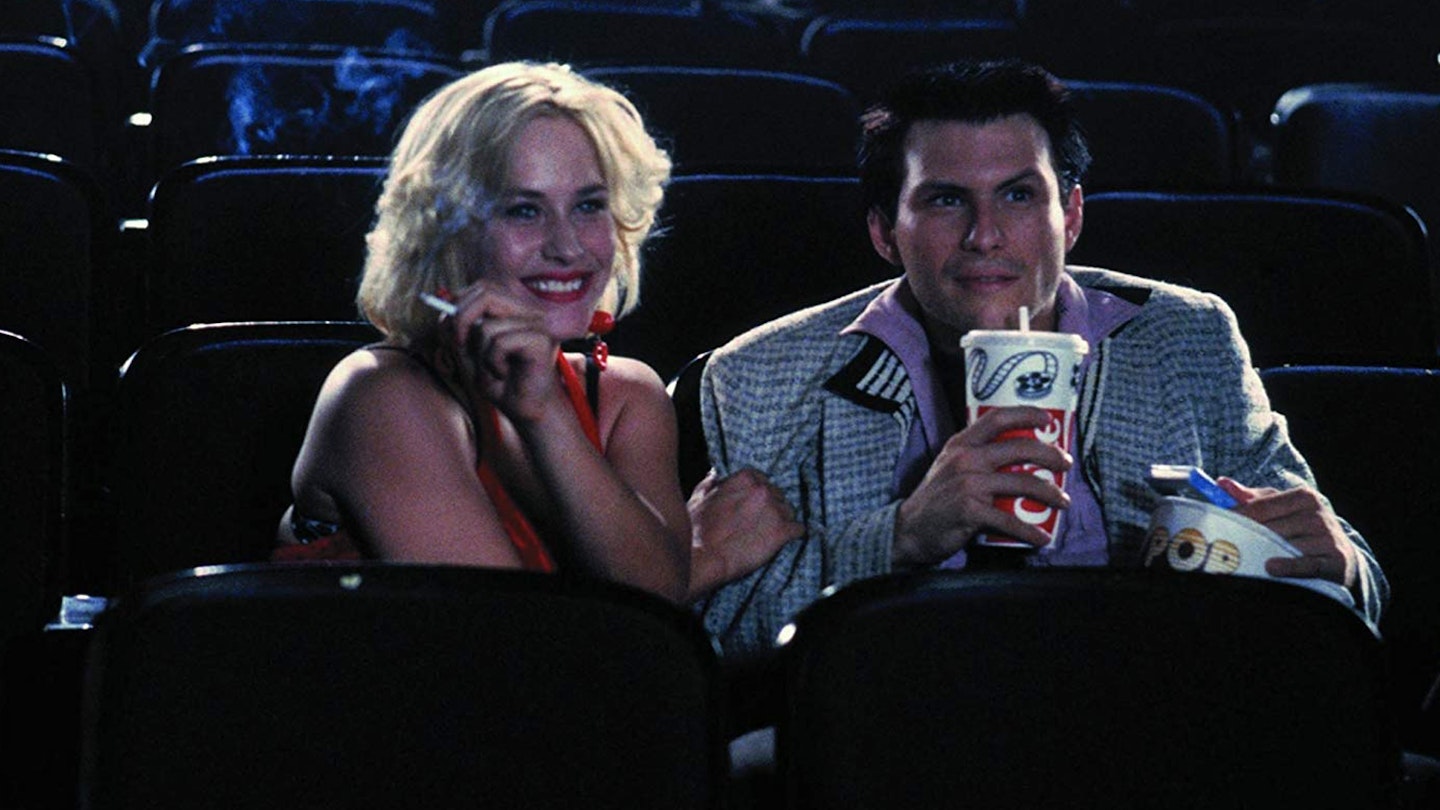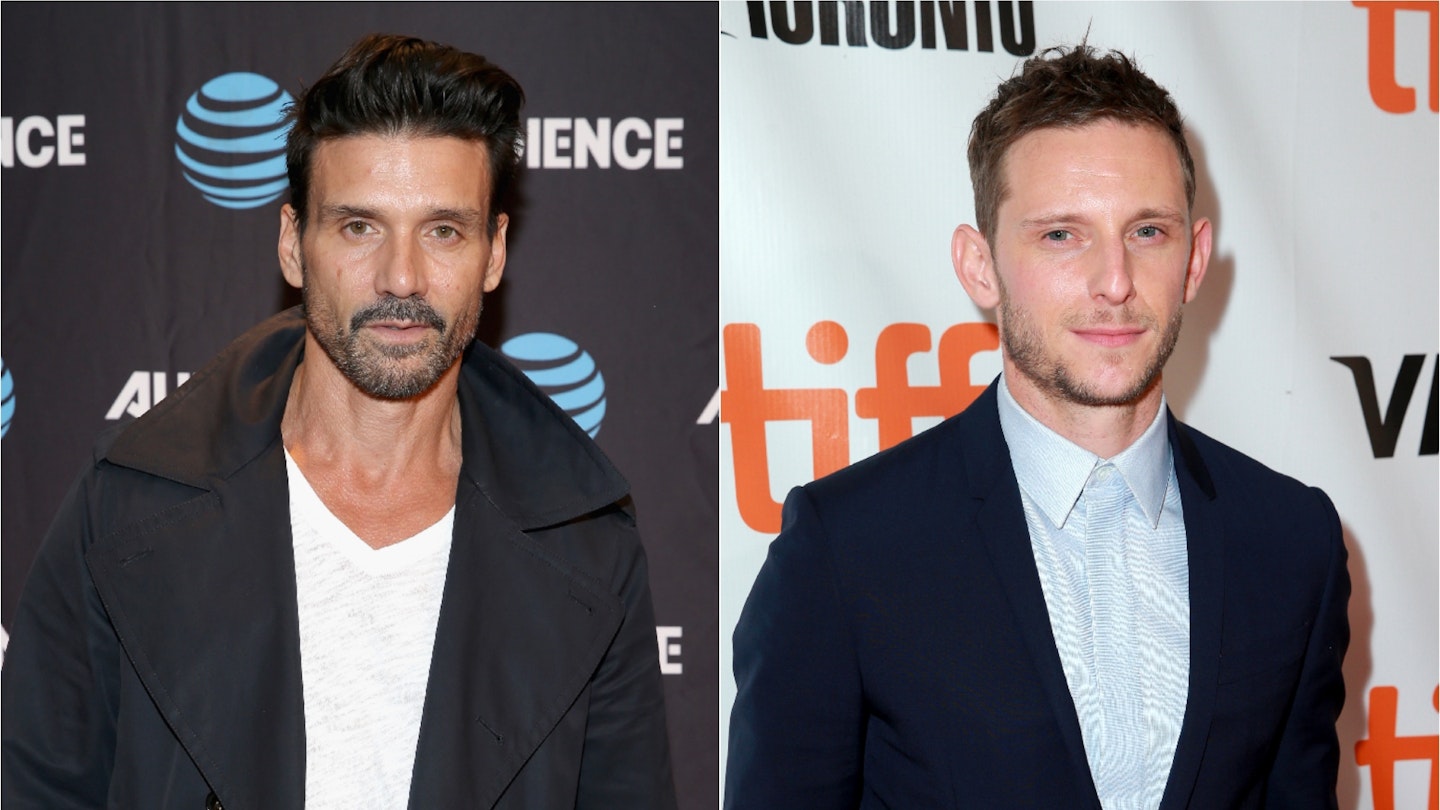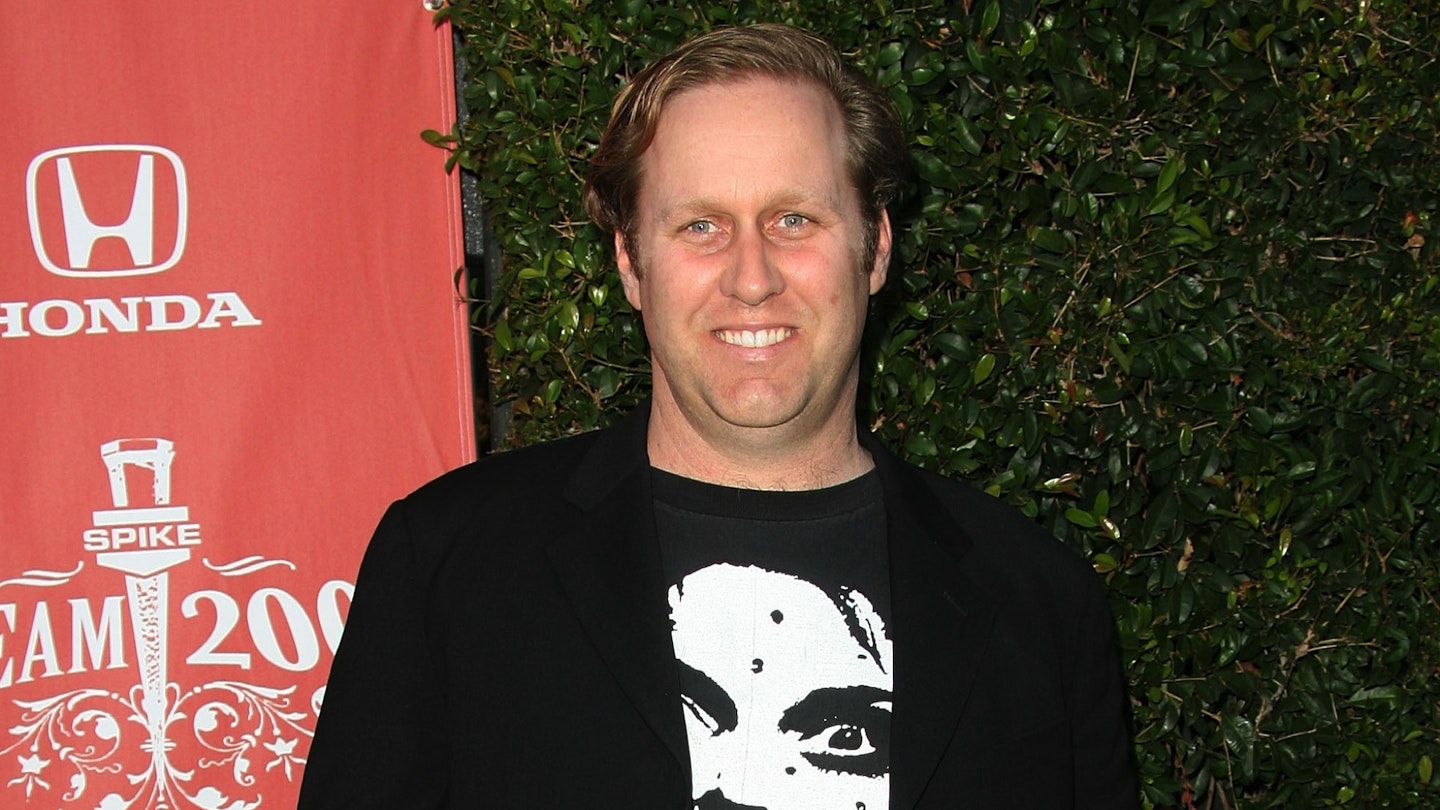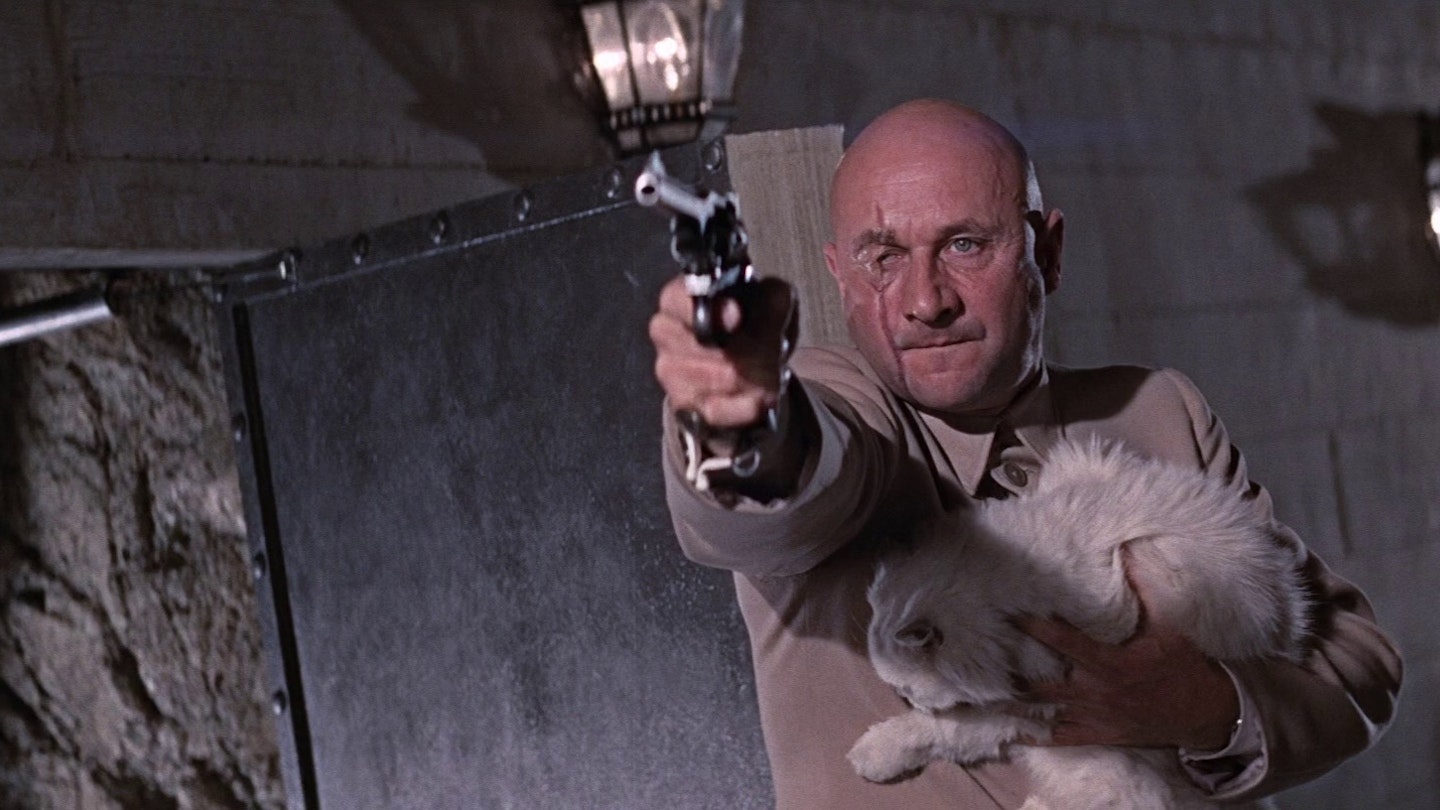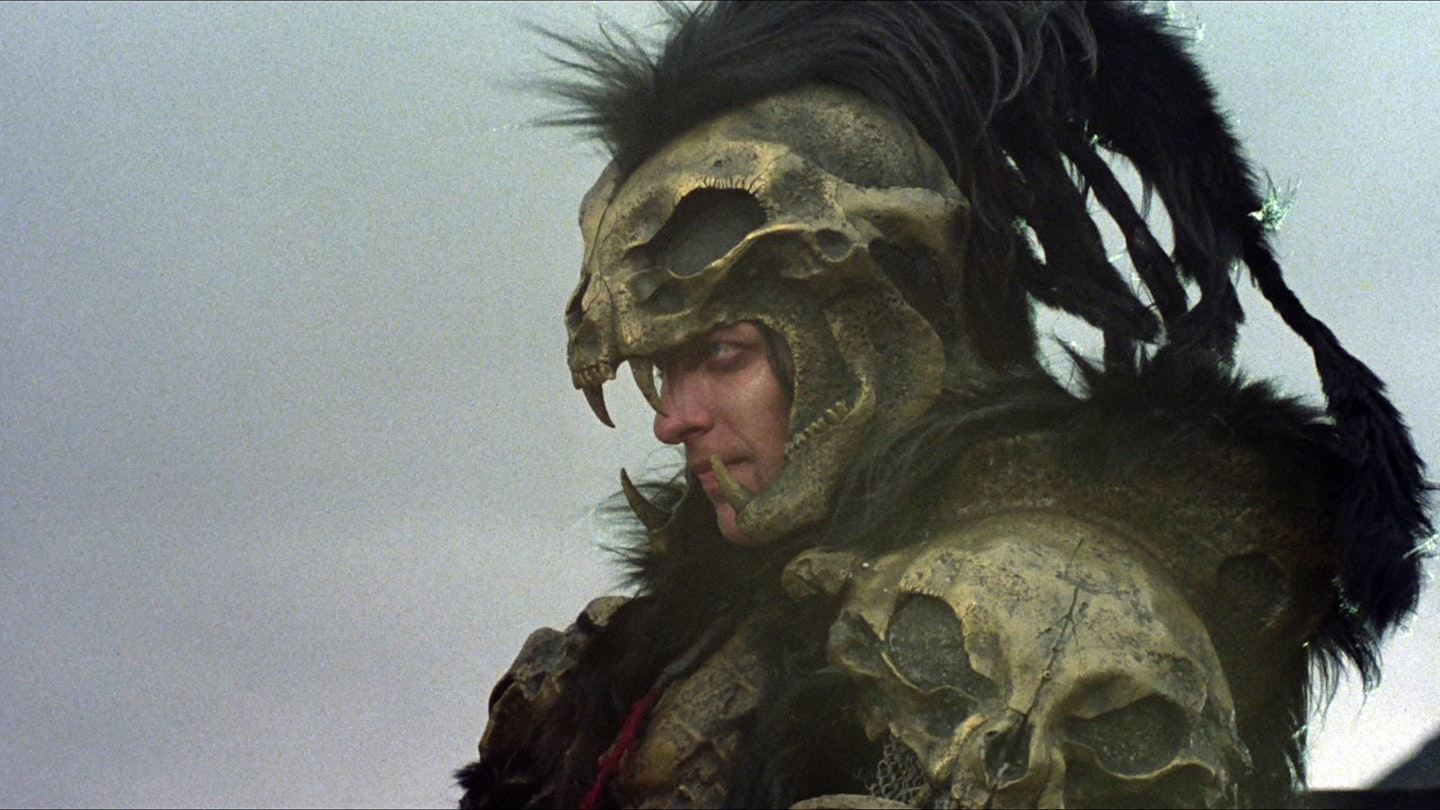WARNING: MINOR PLOT SPOILERS AHEAD
Quentin Tarantino’s True Romance script is an elaborate, extended fantasy that sees a geeky shop assistant transformed into a great lover, a vengeful vigilante and, ultimately, a smooth criminal. Meanwhile, the story lacks any kind of emotional or moral consequence: the hero gets his father killed, the heroine guns down a cop during a drug deal gone sour, but they both drive off happily into the sunset, untainted by the mayhem they have left in their wake.
Are we expected to buy into this bloody fairytale? Are we supposed to like these self-obsessed, homicidal maniacs? The answer to both these questions is a resounding yes, because the wishes being fulfilled here belong to former geeky shop assistant Quentin Tarantino, and he had the talent to flesh out his fantasy with vividly-drawn characters spouting instantly classic dialogue during jaw-dropping set-pieces.
The I’d fuck Elvis speech that introduces comic book clerk Clarence, the rooftop confession and declaration of love by Alabama, the showdown with Drexl, Virgil at the motel and, of course, the Sicilian scene are all hugely appealing to any budding hopeful. What Tarantino couldnt have known when he was scribbling away behind the counter at Video Archives, however, is that they would be equally attractive to established and, in some cases, legendary stars.
Despite his earlier reservations, Pitt signed on to play a bone idle stoner flatmate; the notoriously picky Gary Oldman sank his post-Dracula teeth into the role of a racially-confused pimp; and Chris Penn, Tom Sizemore and Samuel L. Jackson happily played virtual bit parts. Add never-to-be-bettered work from Christian Slater and Patricia Arquette to the mix, and you already have something special. But the genuinely great moments in True Romance belong to James Gandolfini, Dennis Hopper and Christopher Walken.
Even with an excellent screenplay and a rogues gallery of protagonists waiting to be brought to life, any film needs the right director, and True Romance boasts an ideal helmer in the unlikely shape of Tony Scott. Who better than the director of Top Gun to bring an arrested adolescents fantasy to life? Scott verges on self-parody in terms of the gloss and pace he brings to proceedings, giving the movie a relentless energy that never allows the audience to stop and consider the absurdity of it all.
Alabamas execution of Virgil, complete with feral scream and lovingly photographed, blood-soaked breasts, earned the film notoriety and a run-in with the censors, although Scotts approach to the material is best summed up by another, less controversial creative decision. The script has Clarences initial drug-hawking meeting with Elliot take place, unremarkably enough, in a zoo, but the director wanted something with a little more pizzazz, so he set the sequence on a rollercoaster. Tarantino is overstating the case when he compares Scott to undervalued auteurs of the past (Douglas Sirk he aint), but theres no doubt he was perfect to orchestrate this wild ride.
